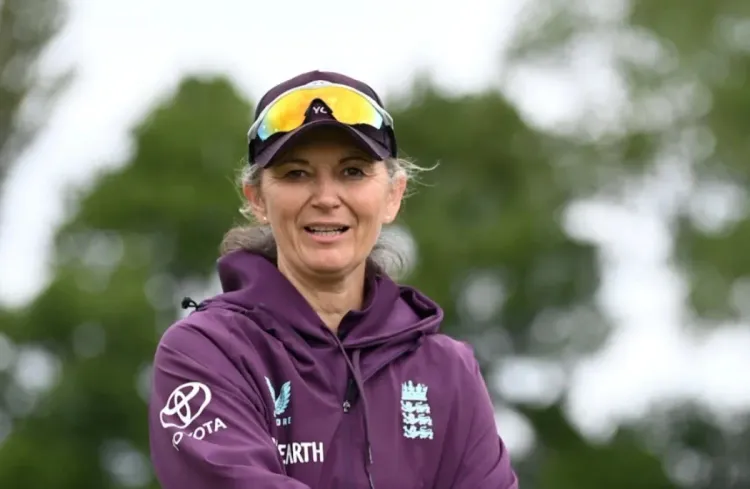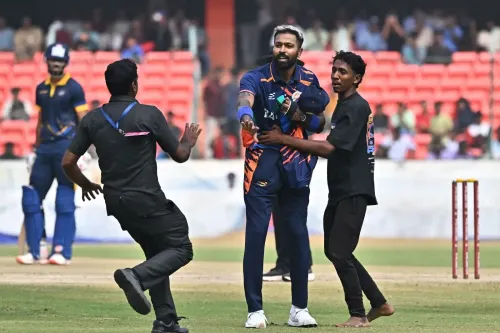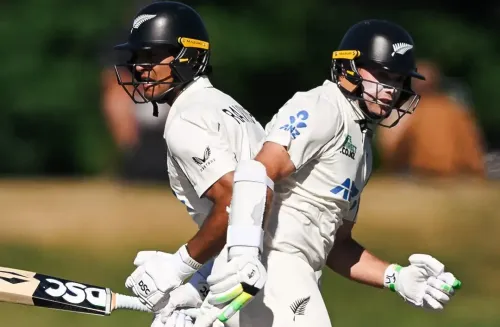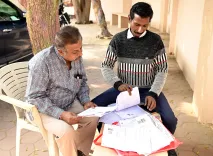Can England Overcome Their Series Loss Against India?

Synopsis
Key Takeaways
- Charlotte Edwards believes in her team's potential to beat any opponent.
- Recent losses to India are not seen as a setback.
- The absence of key players impacted performance.
- Focus on improving fielding and handling pressure is vital.
- Team mindset and public perception are being addressed.
New Delhi, Aug 15 (NationPress) Head coach of the England women's team, Charlotte Edwards, asserts that her squad's recent white-ball series losses to India should not be viewed as a 'reality check'. She believes they are fully equipped to overcome any team as they gear up for next month's ODI World Cup.
Following a powerful beginning to the summer with a decisive series victory over a depleted West Indies in her inaugural role as head coach, England faced setbacks against India, succumbing to a 3-2 defeat in the T20I series and a 2-1 loss in ODIs. India, who are co-hosting the upcoming World Cup alongside Sri Lanka, revealed several critical vulnerabilities in the English team, particularly in the absence of experienced batter Heather Knight and captain Nat Sciver-Brunt, who missed the last two T20Is due to injury.
Despite this, ongoing concerns about the team’s fielding capabilities and their response to pressure remain. Edwards remarked on the BBC Stumped podcast, “We faced significant challenges against India, and that’s precisely the level we desire for women’s cricket.”
“This wasn’t a reality check. We are aware that we can defeat India. As we approach the World Cup, we understand that if we perform to our potential, we can conquer any opponent,” she continued.
Edwards, a former England captain, has committed to transforming both the team's mentality and public perception, seeking to tackle issues that arose following the Ashes series. Criticism has often focused on perceived complacency, a lack of accountability in high-pressure situations, and a team culture that has prioritized freedom while seemingly neglecting fitness and fielding standards.
“This is an area we are diligently working on; we recognize that we have that reputation now. It can be frustrating when we drop a single catch and are labeled a poor fielding team, despite generally having performed well. I am confident that we can reach a point where our fielding is spoken of positively,” she concluded.










